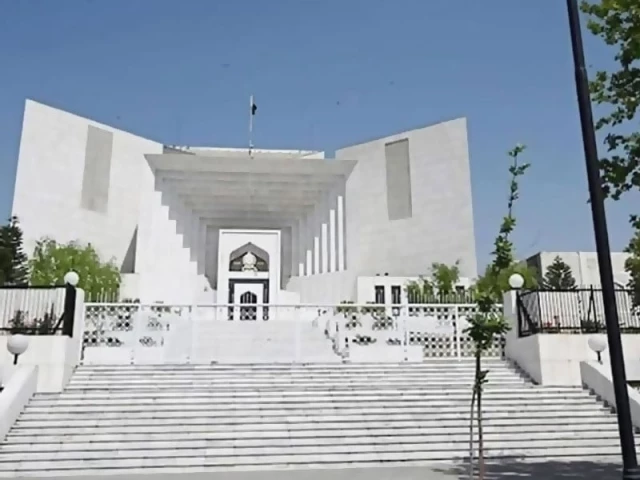Four SC judges object to Supreme Court Rules 2025 'enacted without full court approval'
They sought for public availability of meeting minutes, proceedings along with objections

Four Supreme Court judges have raised objections over the enactment of the Supreme Court Rules 2025 without prior deliberations or approval of the full court.
In a joint note, Justices Syed Mansoor Ali Shah, Munib Akhtar, Ayesha A Malik and Athar Minallah criticised the procedure, terming it “fallacious” and contrary to constitutional requirements. They pointed out that the rules were notified on August 9, 2025, as “approved,” but within three days, Chief Justice of Pakistan (CJP) Yahya Afridi convened a full court to seek suggestions for amendments.
The judges said this sequence tacitly admitted that the full court is the correct forum for such decisions, yet it was involved only after unilateral approval.
They stressed that the rules should have been presented before the full court in their entirety for genuine discussion and approval, rather than after the fact.
Criticisising the process for adding only “a veneer of legitimacy” to an otherwise invalid exercise, the judges urged that the full court meeting not be reduced to a “cosmetic role”.
They also called for their objections to be recorded in the minutes and that the proceedings be made public in the interest of transparency.
The judges emphasised that public trust and confidence rest on transparency in constitutional institutions, warning that no court can function without legitimacy grounded in the same.
Read: Supreme Court unveils modernised 2025 rules
Earlier, the apex court had formally published the Supreme Court Rules 2025, replacing the Supreme Court Rules 1980, in what the court described as its commitment to modernisation and digitalisation, and to bring procedural clarity in the justice system in line with global governance of law.
Framed under Article 191 of the Constitution, the new rules replaced "outdated provisions" and brought court procedures in line with contemporary legal, constitutional, and technological developments. According to a press release issued by the SC on last week, the rules came into immediate effect.
The new rules were framed by a committee formed by CJP Afridi. The committee comprised four SC judges — Justice Shahid Waheed, Justice Irfan Saadat Khan, Justice Naeem Akhter Afghan, and Justice Aqeel Ahmed Abbasi.






















COMMENTS
Comments are moderated and generally will be posted if they are on-topic and not abusive.
For more information, please see our Comments FAQ